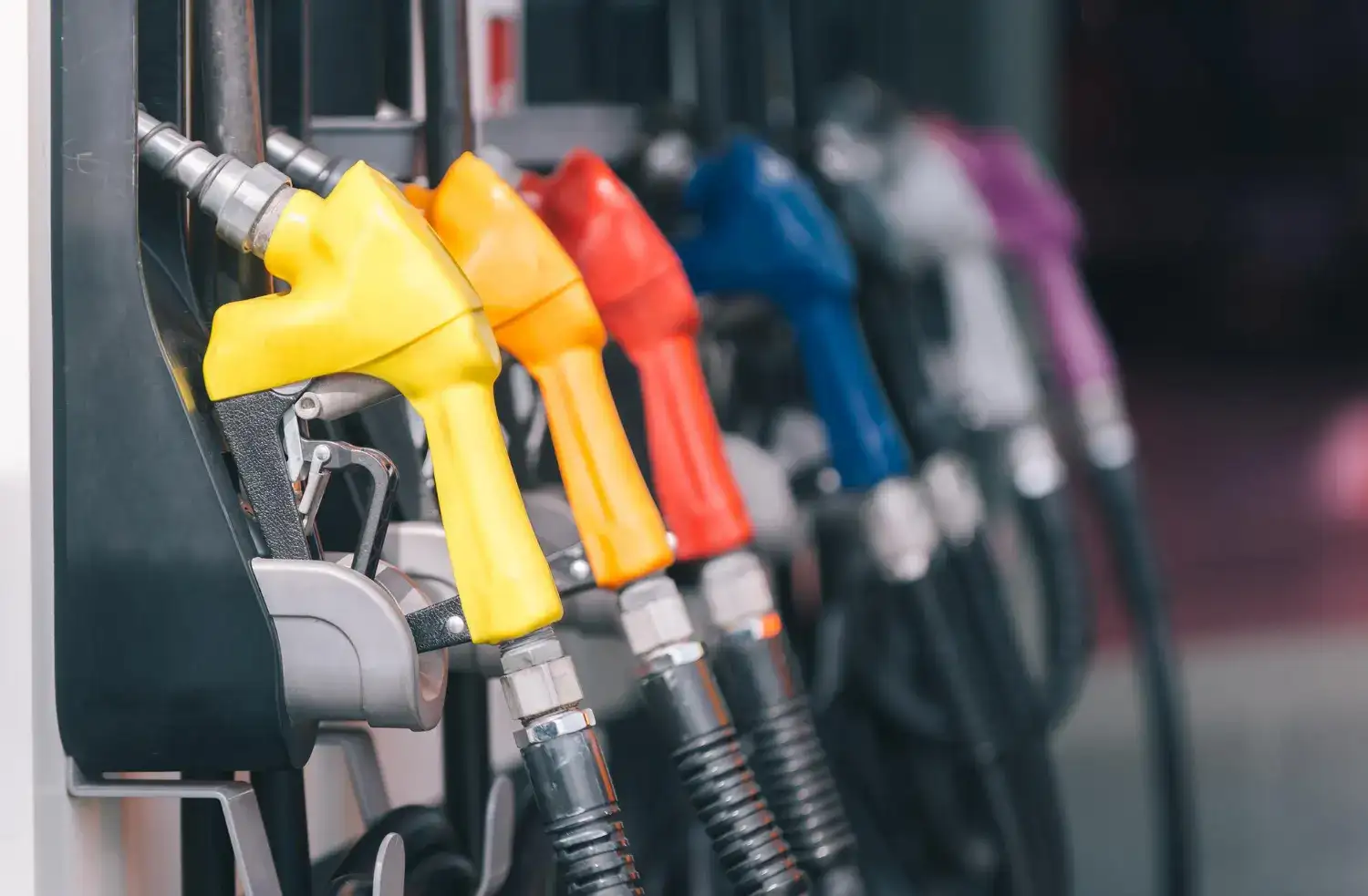
Budget 2026 confirms that motorists and households will face higher energy-related costs next year, with the Government opting not to repeat the one-off electricity credits that supported families throughout the cost-of-living crisis. Instead, the focus has shifted to long term climate measures, including a scheduled rise in carbon tax that will increase the price of petrol and diesel from tomorrow.
Households received nine electricity credits between 2022 and early 2025, totalling €1,500 per home and costing the State close to €3 billion. Those supports have now concluded. The decision comes at a time when energy costs remain elevated. Electricity bills have risen by almost 70% since 2021, and gas prices have more than doubled. Annual electricity bills, which averaged €1,200 before the surge, are projected to approach €1,900 by year end following widespread price increases across suppliers.
Some measures will continue. The Household Benefits Package, which provides €35 per month towards energy costs for qualifying pensioners and welfare recipients, will remain in place. The reduced 9% VAT rate on domestic electricity and gas will be retained for five more years.
The carbon tax will rise by €7.50 per tonne to €71 from midnight. This increase will add roughly 2.5 cent to every litre of petrol and diesel. From 1 May next year, the higher rate will also apply to home heating fuels, including oil, gas, coal and briquettes. The tax is set to rise annually until it reaches €100 per tonne in 2030, a target established under the Finance Act 2020.
The Government estimates that next year’s increase will generate an extra €121 million for the Exchequer, rising to €157 million over a full year. Ministers argue that the rising levy encourages households and businesses to shift to cleaner energy sources and supports Ireland’s climate commitments.
Reactions across industry have been mixed. The Irish Road Haulage Association welcomed the continuation of the diesel rebate but warned that it does little to ease pressures on transport operators facing rising fuel and compliance costs. Fuel suppliers have criticised the decision, arguing that the Government pledged to ease energy costs yet has instead added further increases through carbon tax and changes due in 2026 under the renewable transport fuels obligation.
Supporters of renewable energy received some positive news. The €5,000 VRT relief for electric vehicles will remain in place until the end of 2026. In addition, accelerated capital allowances for energy efficient equipment, gas-powered vehicles and refuelling infrastructure have been extended to 2030. Households who sell surplus electricity back to the grid will continue to receive an income disregard of up to €400, now extended until 2028.
The combined effect of these measures means that while some targeted supports remain, households and businesses should expect higher fuel and energy costs in 2026. Accountants and advisers may wish to help clients plan ahead, particularly where energy consumption is a significant operational expense.
